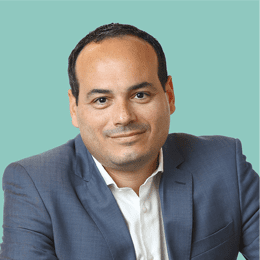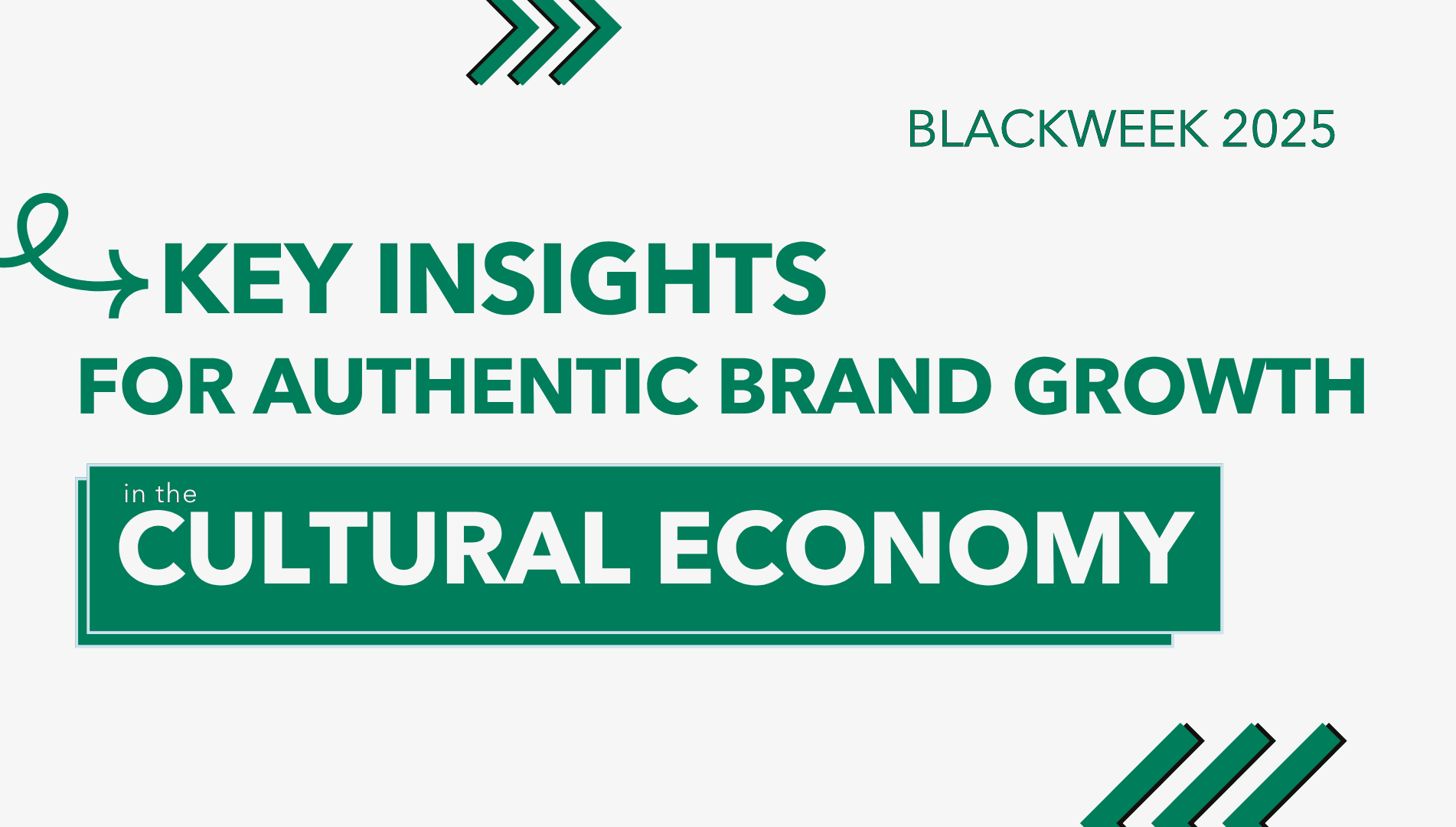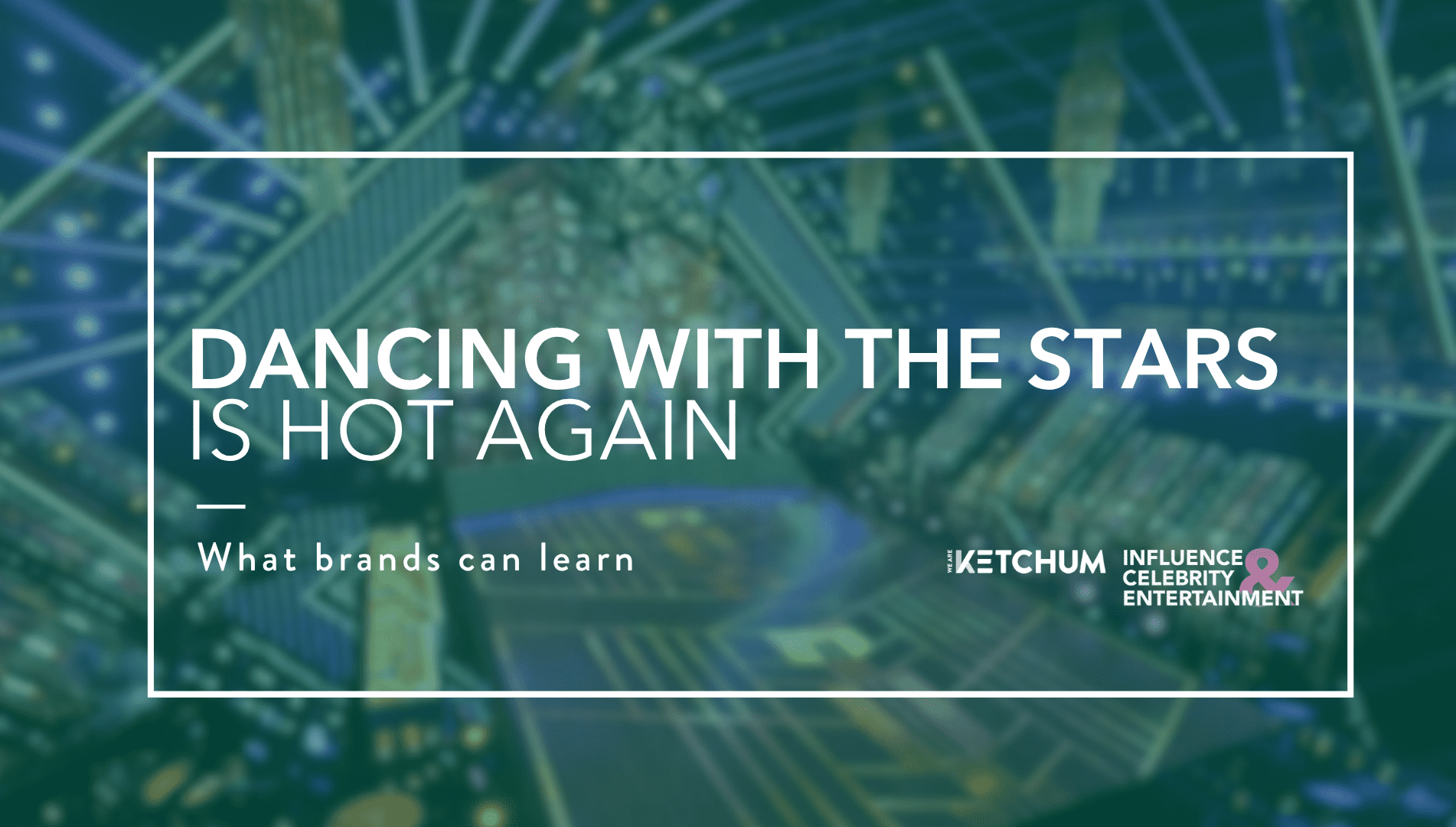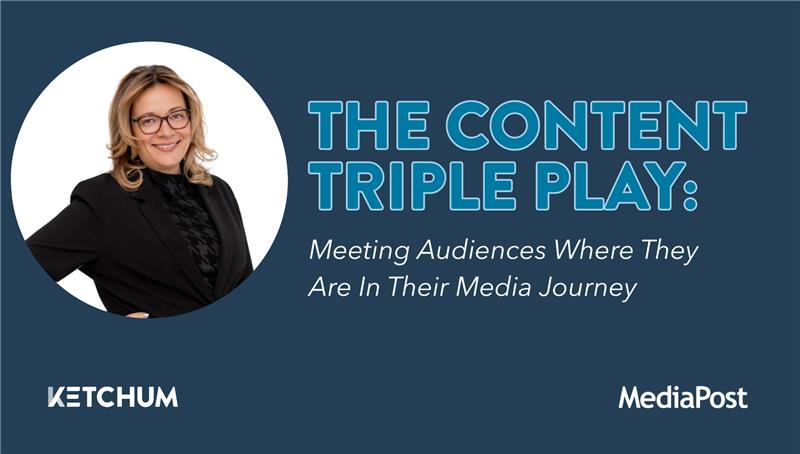
Caio Bamberg
CEO, Ketchum Brasil
July 8, 2025
Here’s the thing: many of the brands operating in Brazil are dropping posts, campaigns, and corporate speak like they’re performing at Allianz Parque — but the seats are empty.
What should be reputation-building has devolved into reputation noise: brands screaming into the digital abyss instead of positioning themselves for meaningful market connection. It’s not a channel issue. It’s not a budget problem. It’s a relevance crisis, and “relevance” is the name of the game. These brands simply do not understand how to show up in meaningful ways in Brazil today. How to truly connect with their audiences.
And that missed connection means they are missing a huge opportunity in a massive market, a market known for its vibrancy, creativity, and willingness to try new things and to get emotional about them.
Why Brazil matters
In my day-to-day over the past 20 years or so, I’ve had the privilege to learn and grow alongside some incredible global talents in our industry. I have looked through the lens of a millennial while working as a communications professional, witnessing the changes Brazilian society has undergone as it transitioned from traditional to digital to AI. Here are some key insights that I believe are particularly relevant for Brazil, though they may resonate with you regardless of your market.
Brazil can be a laboratory for ideas — a “test, learn, and innovate” opportunity for brands. Need an example? Just look at how Nubank has disrupted traditional banking through conversational design and community-driven growth, proving Brazilian consumers crave authentic engagement over institutional messaging. And then there’s Magazine Luiza, which transformed retail through social commerce integration and meme-worthy campaigns, showing how Brazilian audiences reward brands that understand their digital culture.
These weren’t accidents. They were strategic bets on Brazilian market dynamics. Bold bets that global brands often miss. Is your brand bold, or are you playing it safe, sticking to the same old same old?
The old top-down communication playbook is dead. Forget it. Brazilians want to engage. They want to feel something. They want real human conversations, not corporate monologues. They want context, not just campaigns. They want authentic presence, not performative posting. They want two-way relationships, not staged performances.
Meeting Brazilians where they are
The numbers don’t lie: 81% of Brazilians say personalized social media ads influence their purchasing decisions (PwC Voice of the Consumer 2024). But brands keep talking like they’re reading from a boardroom teleprompter: corporate-speak, zero personality, maximum cringe.
Brazilian audiences scroll past the official posts but stop for the intern who drops fire comments. No wonder 61% of brands in Brazil are doubling down on influencer marketing investments in 2025 (Nielsen/Youpix), betting on creators who speak the language of humans, not brand-speak.
Meanwhile, brands stuck on autopilot, ignoring WhatsApp and comments, are getting left behind. It doesn’t matter if you have the best product if nobody wants to talk to you. Brazilians are over the corporate facade. They want real talk, consistent presence, and brands that show up in their world, not just during campaign season.
Take Heineken’s approach in Brazil. The company shifted from broadcasting beer ads to creating conversational experiences around football culture and nightlife. By moving its budget from traditional media to community engagement and real-time social activation, Heineken saw a 34% increase in brand consideration among 18-35 year-olds within 18 months. The lesson? Brazilian consumers respond to participation, not presentation.
The 2024 rankings in Brazil tell the story: Nestlé, Google, and Samsung lead as “most successful brands” because they’re present, they listen, they engage in challenging conversations, and they meet Brazilian consumers where they are — from the marketplace to the memes.
Are you listening?
Old-school PR was built to protect. What Brazil demands now is PR that provokes, listens more than it speaks, takes bold positions, and moves fast. That means responding in the comments, not just the press release.
The 2025 playbook for Brazil is already in place: it features conversational marketing, AI personalization, and omnichannel communication. Big ideas still matter, but they don’t come from pre-made campaigns anymore. They come from actually listening.
The Brazil-Relevance Diagnostic
Before your next campaign launch, ask yourself these three questions:
- Listening Ratio: What is your brand’s listening-to-speaking ratio on Brazilian social channels? If you’re posting more than you’re responding, you’re already behind.
- Cultural Fluency: Can your brand participate in Brazilian internet culture authentically, or are you still translating global campaigns?
- Response Speed: How quickly can your Brazilian team respond to trending topics, customer complaints, or cultural moments? If the answer is “after legal approval,” you’re moving too slowly.
Ultimately, if your communication strategy doesn’t start with “who’s talking to us out there?”, it’s already obsolete. If your brand still sounds like a press conference, be prepared for silence.
Here’s my challenge to marketing leaders — to always know the answers to these questions: What is your brand’s listening-to-speaking ratio in Brazil? And more importantly, who in your organization owns that measurement?
Having those answers will be vital to building reputation and relevance — and ensuring that you’re not just shouting into the void.



